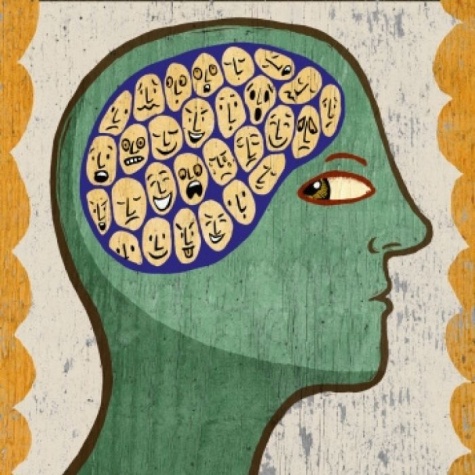Our clients’ relationships with God are not the sum total of their early human relationships, or the internalization of those relationships. While seemingly obvious from a theoretical perspective, extensive training in psychoanalytic psychotherapy, without complementary experience in the spiritual disciples and spiritual direction, likely biases us toward reducing our client’s “God” to the internalized mother or father.” (Todd W. Hall, “Psychoanalysis, Attachment, and Spirituality: Part 1″)
The reverse of this is also true for pastors, who emphasize theology over psychology.
Our congregants relationship with God is not the sum total of their theological orthodoxy, biblical teaching, or spiritual practice. Extensive training in discipleship (Western) methods, educational theory, and ministry skills, without complementary experiences therapy and trauma-informed practices, likely biases us (pastors/ministers/leaders) toward assuming that congregant’s “God” is their ideas, thoughts, and beliefs about God. But in reality, their “God” also partly formed by the adaptive needs of their attachment strategies, relational traumas, and other psychological realities. (my adaptation)

